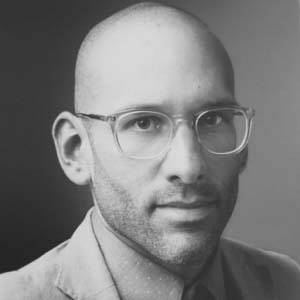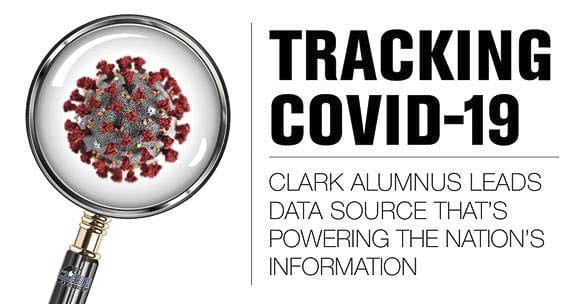Clark College alumnus now leads major news source’s COVID-19 tracking
VANCOUVER — The Clark College Foundation’s Alumni Relations will host a free virtual lecture by The Atlantic’s Alexis Madrigal on Tracking COVID-19 from 3:30 p.m. to 4:30 p.m. on June 3.

Madrigal is an alumnus of Clark College, having graduated in 2000. He is currently the lead writer on The Atlantic’s COVID Tracking Project, in collaboration with over 100 volunteers and the Antiracist Research and Policy Center.
The project currently tracks the spread and testing of COVID-19 across the country on a state-by-state basis. Madrigal also looks at how each state’s data can have racial inequities within its findings.
The presentation is free, and catered towards Clark College alumni and students, but is open to the public. The lecture will take the form of a Zoom call, but space is still limited so registration is required.
“It was really in that last week of February and first week of March my reporting partner Rob Meyer and I, were really trying to get a handle on like, ‘Wait a second, it just feels like the U.S. is not doing a lot of testing,’” Madrigal said in another presentation with the Commonwealth Club in April. “We started to worry that despite the numbers that we heard … almost no one in the United States had been tested to that point.”
“Every number had been shaped by the amount of testing that had been done.”

Madrigal and his team focus on unearthing accurate numbers of COVID-19 cases in state tracking numbers by sifting through inaccuracies. In his May 21 article, Madrigal discusses one such in accuracy when states lump antibody and viral tests together.
This issue has been since reversed in several areas of the country after The Atlantic reported on it. As part of the project, Madrigal and his team have spoken with experts in fields related to viruses and pandemics, who have confirmed the overarching issues within testing.
The original cap was 80 spots for attendees of the lecture, but the foundation surpassed that today, said Rhonda Morin, executive director of communications and marketing for the foundation. The cap has now been upgraded to 500 spots.
In his time at Clark, Madrigal was a part of the journalism program, and returned about a year ago for the Columbia Writers series also with Clark College. Prior to working at The Atlantic he served as the editor of Wired and as a visiting scholar at U.C. Berkeley and a member of Harvard’s Berkman Klein Center for Internet & Society. His book, “Powering the Dream: The History and Promise of Green Technology” was published in 2011.
Madrigal will address this and much more in his lecture, according to the Clark College Foundation. To register or learn more about the COVID-19 Tracking Project, visit the foundation’s website.




